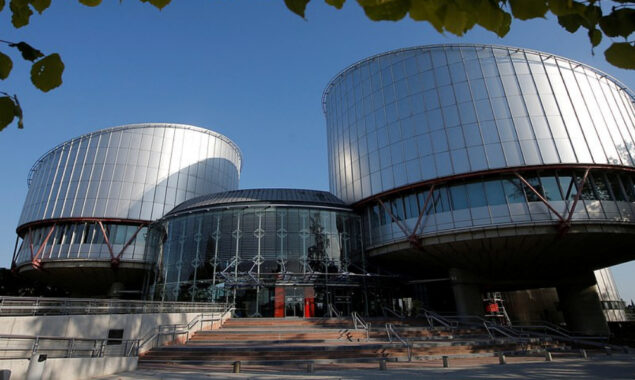
Under the new proposal, ministers could lift the blockade of the European Court of Human Rights on asylum seekers in Rwanda.
The plan, which is being presented to Congress, will allow ministers to overturn court orders. According to the minister, this is part of an amendment to the human rights law that raises serious legal issues.
Critics say the proposal is vague and creates a two-tier system that gives ministers more power. However, Deputy Prime Minister Dominic Raab said the rights bill did not completely abandon the issue, but addressed it.
Read More: UK defends ‘shameless’ Rwanda policy
When announcing his plans, Raab reaffirmed that the government will not violate the European Convention on Human Rights, which allows ordinary people to oppose government injustice. The Human Rights Act entered into force in 2000. It introduced rights specified in the treaty into British law. This treaty was drafted mainly by British officials and lawyers after World War II and adopted by almost every country in Europe. An Strasbourg court, which has nothing to do with the European Union, has issued an order banning the interior minister from escaping asylum seekers, despite a previous ruling by London judges not to intervene.
This decision led to another appeal and the flight was eventually canceled. According to the government’s proposed Bill of Rights, such an order, which ministers call the 39-rule order, can be overturned because it is not technically part of international law.
Read More: UK slams European court ruling on Rwanda as ‘politically motivated’
Mr Raab, who is in charge of the constitutional amendment, said: “We make it clear in domestic law that the precautionary provisions of Rule 39 do not bind the courts of the United Kingdom or public authorities or officials.”
The government’s proposal, announced in December, has been criticized by lawyers as incomprehensible and useless, as British courts overturn the Strasbourg decision.
Shadow Attorney General Emily Thornberry wondered if the move would really change anything or “add more bureaucracy to human rights law,” she said, “fix the system.” “He’s trying to figure out what I can do now to distract us all from what’s really going on. He’s out of control. He’s trying to pick another fight,” he told the a news channel.
Stephanie Boyce, president of the Law Society, which represents lawyers, said the package is in conflict with the rest of the law. “This legislation creates a favorable layer of human rights violations in the UK,” he said.
“It’s a step backwards for British justice. Authorities may consider some offenses acceptable because they are against the law, but are no longer in dispute with respect to the Bill of Rights.
“In general, this legislation gives the state unlimited power to its people, and then the power will be transferred to all future governments, regardless of ideology.”
Amnesty International Secretary-General Sacha Deshmukh said the law was “a major setback for public rights”. “Appealing to human rights law means usurping the most powerful tools of society to combat the illegal activities of governments and other state agencies.
“It’s not about processing a permit, it’s about revoking a permit,” he said.
Read More News On
Catch all the International News, World News, Breaking News Event and Latest News Updates on The BOL News
Download The BOL News App to get the Daily News Update & Follow us on Google News.




